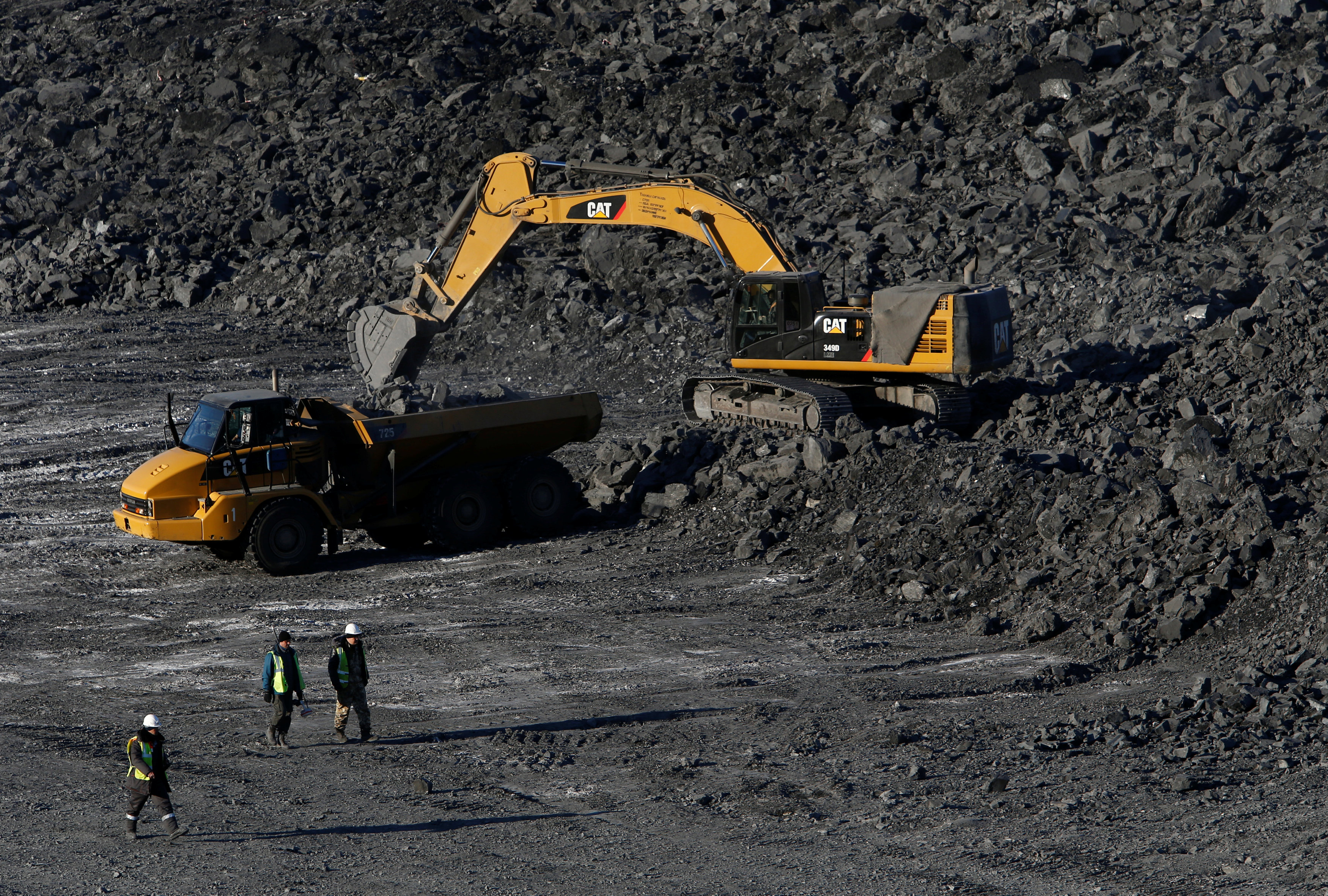Gold miners seek safety as political risks rise

VANCOUVER — Canadian miner Eldorado Gold Corp’s threat this week to freeze investments in Greece after years of frustrating and costly permit delays highlighted the risks the industry faces when it strays away from mining-friendly countries.
After moving into higher-risk countries in recent years to mine new deposits, companies are being forced to seek safe havens during a rise in so-called resource nationalism and other political headwinds.
From Indonesia and Tanzania to South Africa and Zambia, governments are demanding greater control over mineral riches as metals prices rise, often seeking higher royalty payments. In Eldorado’s case, the company faces a leftist-led Greek government that publicly backs investment but has powerful insiders that oppose privately owned mining projects.
A resurgence in resource nationalism, last seen during the decade-long commodities boom ending in 2012, has made safer regions like Canada and the United States more attractive for investment, industry analysts say.
“Now that prices across most commodities are improving, governments are again turning their attention to this issue,” said Anton Ivanyi, consulting firm EY’s British Columbia mining and metals sector leader.
Last month, U.S. miner Freeport-McMoRan Inc agreed to cede control of its Indonesian unit after years of wrangling so that it could keep operating its giant Grasberg copper and gold mine.
Even top-ranked mining regions are jumping on the bandwagon. Gold miners in Western Australia were hit this month with a royalty hike aimed at repairing the state’s finances.
Not worth the risk
As big, rich deposits of metals get mined out and new ones become harder to find, miners are being forced to widen their search for new mother lodes into regions with higher perceived risks.
Those risks can range from basic physical security for employees to corruption, security of tenure over projects and tax stability.
Some miners like Africa-focused gold miner Randgold Resources have made big profits in higher-risk jurisdictions. But for others, the potential dangers are not worth it.
“We concluded many, many years ago that mining is hard enough and you only make life more complicated when you go into jurisdictions where there are a lot of geopolitical concerns,” said Sean Boyd, Chief Executive of Agnico Eagle Mines, a gold miner with operations in Canada, Finland and Mexico.
Agnico, which is expanding one mine and building a second in the Canadian Arctic to increase production by a quarter by 2020, has more than doubled its share price in the past 2-1/2 years as peers’ output stalls or shrinks.
In the same period, stock of Eldorado, which derives nearly half of its net asset value from its Greek interests, fell by two-thirds.
Flight to safety
Some recent M&A deals show a flight to safety, including Eldorado Gold’s C$590 million ($484 million) acquisition in July of Integra Gold Corp, which owns a project in the Canadian province of Quebec.
Quebec, along with two other Canadian provinces, rank among the top 10 most attractive regions globally for mining investment, according to the Fraser Institute’s latest annual survey. Nevada, Arizona, Finland, Sweden, Ireland, Western Australia and Queensland round out the rest of the 10.
Greece ranked 82nd out of 104 in the February survey.
“Safer” jurisdictions are not without their own problems. For TMAC Resources Inc, mining in Canada’s remote Arctic spells higher costs because of a lack of infrastructure and having to fly in employees.
Catharine Farrow, the CEO of TMAC, is prepared to shoulder higher costs, over which the company has a degree of control.
“A government coup or a government deciding they are going to implement a windfall tax, those costs and risks are much higher than anything we can control,” Farrow said.
Additional reporting by Susan Taylor in Toronto.